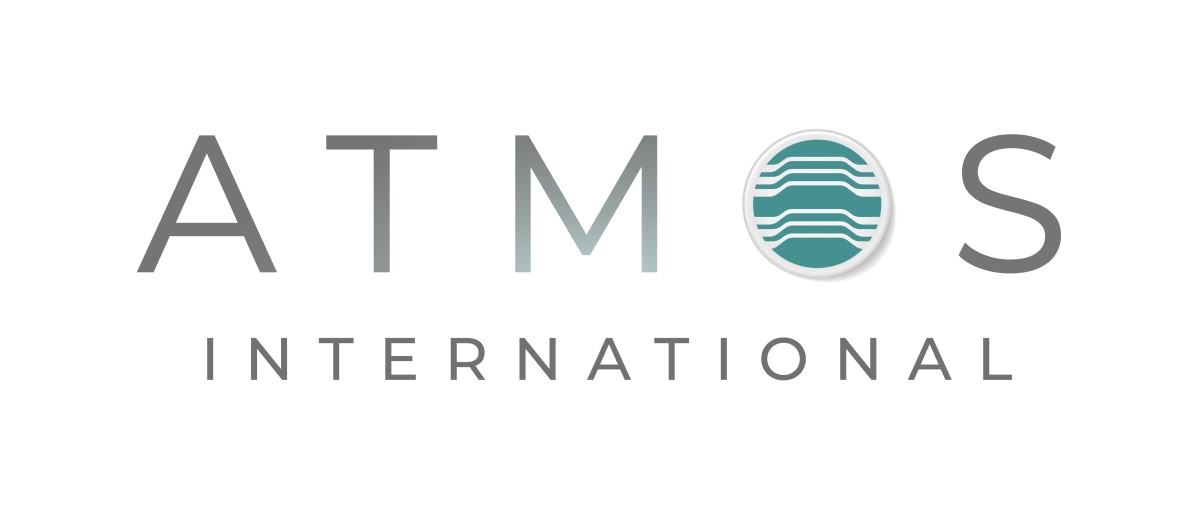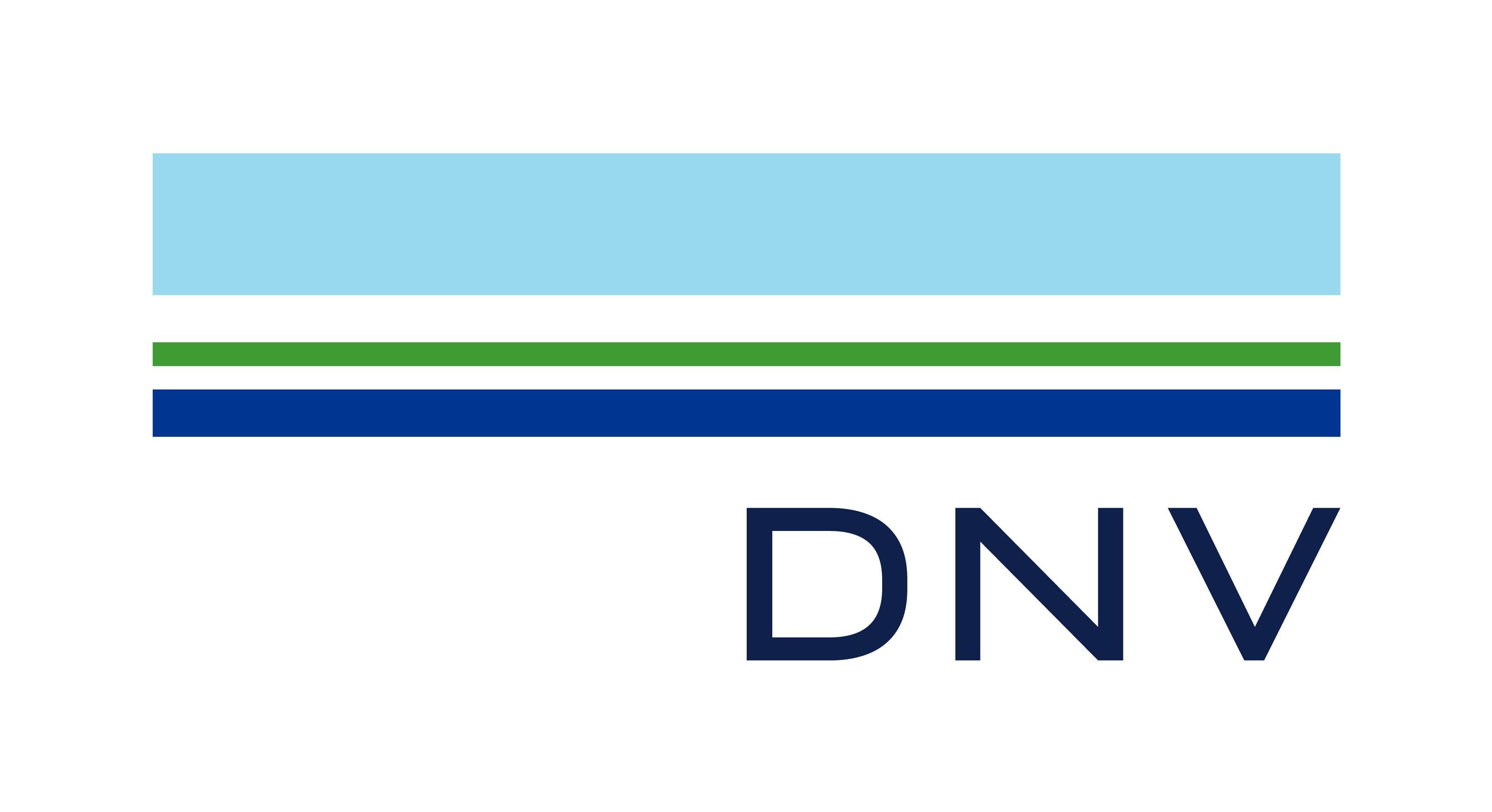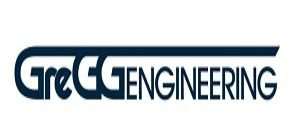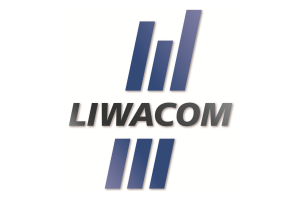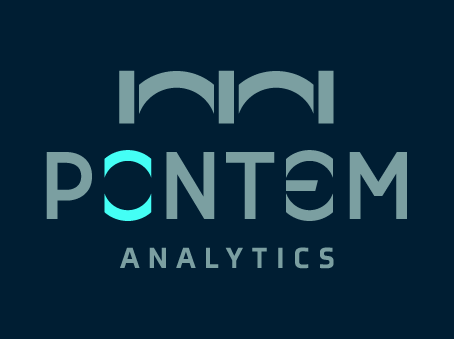56th ANNUAL CONFERENCE
Amsterdam, Netherlands
Featuring renowned scientists and authors, honoring their contributions to the pipeline simulation industry.
Day(s)
:
Hour(s)
:
Minute(s)
:
Second(s)
About
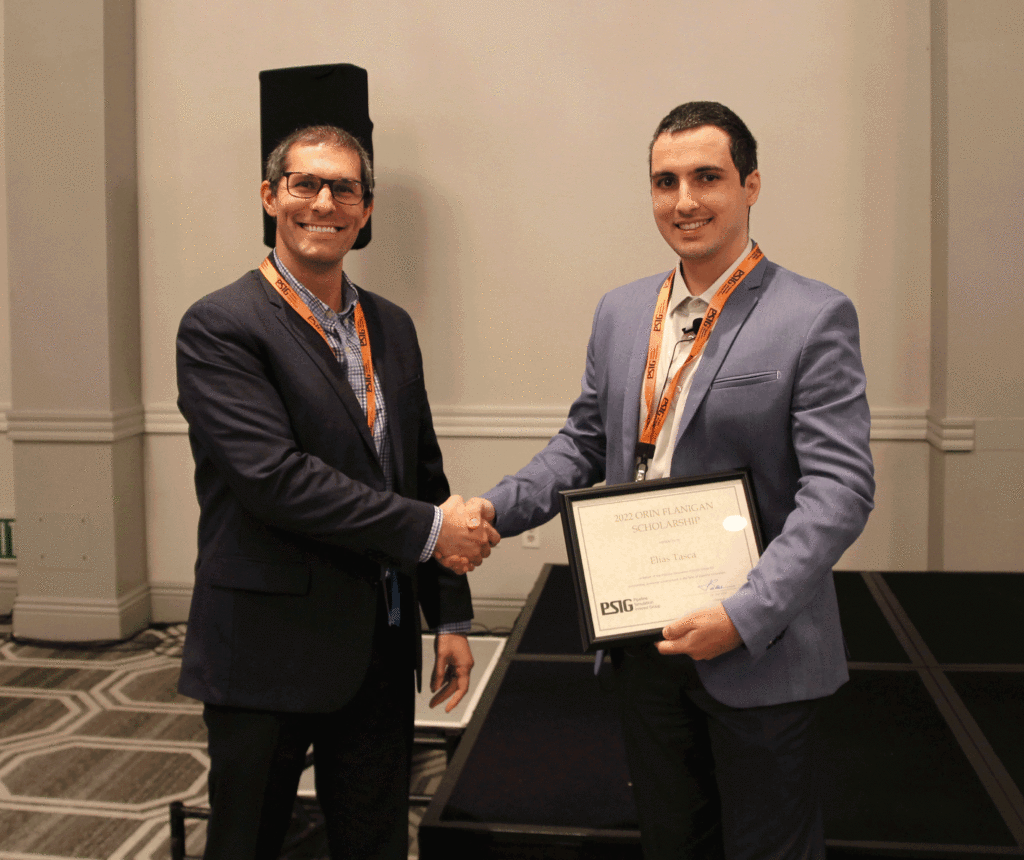

The Pipeline Simulation Interest Group (PSIG) was formed in 1969. Its purpose is to facilitate the interchange of information and to advance the state of the art in modeling, simulation, optimization, steady-state and transient flows, single and multiphase flows, and related subjects as applied to fluid pipeline systems.
PSIG is an independent group, and is not affiliated with any other organization. It is administered by an executive council and operates in an unstructured, informal manner.
Conferences
An annual meeting is held each year in spring at various locations around the country. This two and one-half day meeting is attended by about 170 people who represent major gas companies, major oil companies, specialized consultants, and universities in the United States, Canada, Europe, Australia, and Asia. Papers of a high caliber are presented in a relaxed atmosphere where informality is the key. Strong emphasis is placed on discussion of the presented material.
Paper Submissions
If you are interested in presenting a paper at the conference then please review the Paper Submissions page.
Paper Submission Deadlines
- September 2025 – Abstract submission deadline
- Mid-October – Papers selected for conference
- Early March – First draft of paper due
- Early April – Final paper due
- Early May – Conference
Pipeline Simulation Short Course
The Pipeline Simulation Interest Group regularly holds its popular 2-day Pipeline Simulation Short Course (PSSC). Typically the course is held just prior to the PSIG conference to facilitate attendance of both the short course and the conference. The course consists of 6 classes each focusing on an aspect of pipeline simulation and is taught by industry experts. Specific details of the course, cost, schedule, etc. are provided when the conference registration opens.
Partners of PSIG
